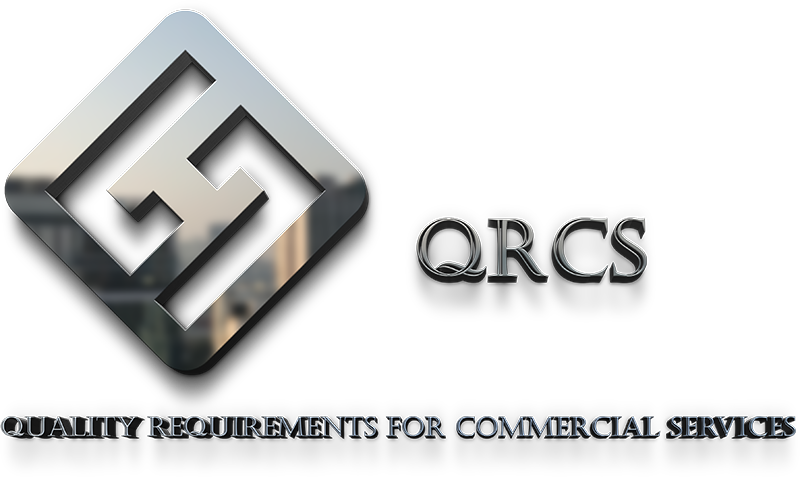Objectives
To provide training about implementation and maintenance of a company’s Safety Management Code.
Candidate Requirements
Sound experience in shipping and ship operations and good knowledge of the ISM Code
Who should attend:
Shipping Companies: Superintendents, quality managers, designated persons, nautical officers, engineers
Over View
A key role in the effective implementation of a Safety Management Code (SMS), as identified by the ISM Code, is that of the Designated Person Ashore (DPA). To comply with the ISM code a company should be able to provide documentary evidence that the DPA has received sufficient training to undertake the necessary duties. In this course the participants will be fully prepared to assume the role of DPA. This means providing them with the knowledge, understanding and skills necessary to implement and maintain the company’s SMS as described in the ISM Code.
During the course the participants will learn about the background and objectives of the Code and the resulting requirements for the company’s SMS. The responsibilities and authority of the DPA, possible legal exposure, as well as other potential difficulties will be explained. Advice is provided on risk management and the operation of a safety culture within a shipping company.
With the help of a time line investigation different assessment techniques for accidents are described in detail and it is also useful to see how the conclusions are fed back into the management system for corrective actions.
Practical case studies and exercises are used to illustrate the duties, tasks and responsibilities of the DP. Different measures to comply with the safety and environmental protection requirements as laid down in the ISM Code are also proposed. Achievement of the required level of competence is assessed by means of a final test.
This course fulfils the IMO MSC-MEPC.7/ Circ.6” Guideline for Implementation Ashore of the International Safety Management Code (ISM Code) in Shipping Companies “.
The course focuses on:
- Knowledge and understanding of the ISM Code
- Handling of mandatory rules and regulations
- Assessment techniques – examining, questioning, evaluating and reporting
- Technical and operational aspects of safety management
- Requirements for marine-related management system audits
- Ensuring effective communication with shipboard staff and shore management
